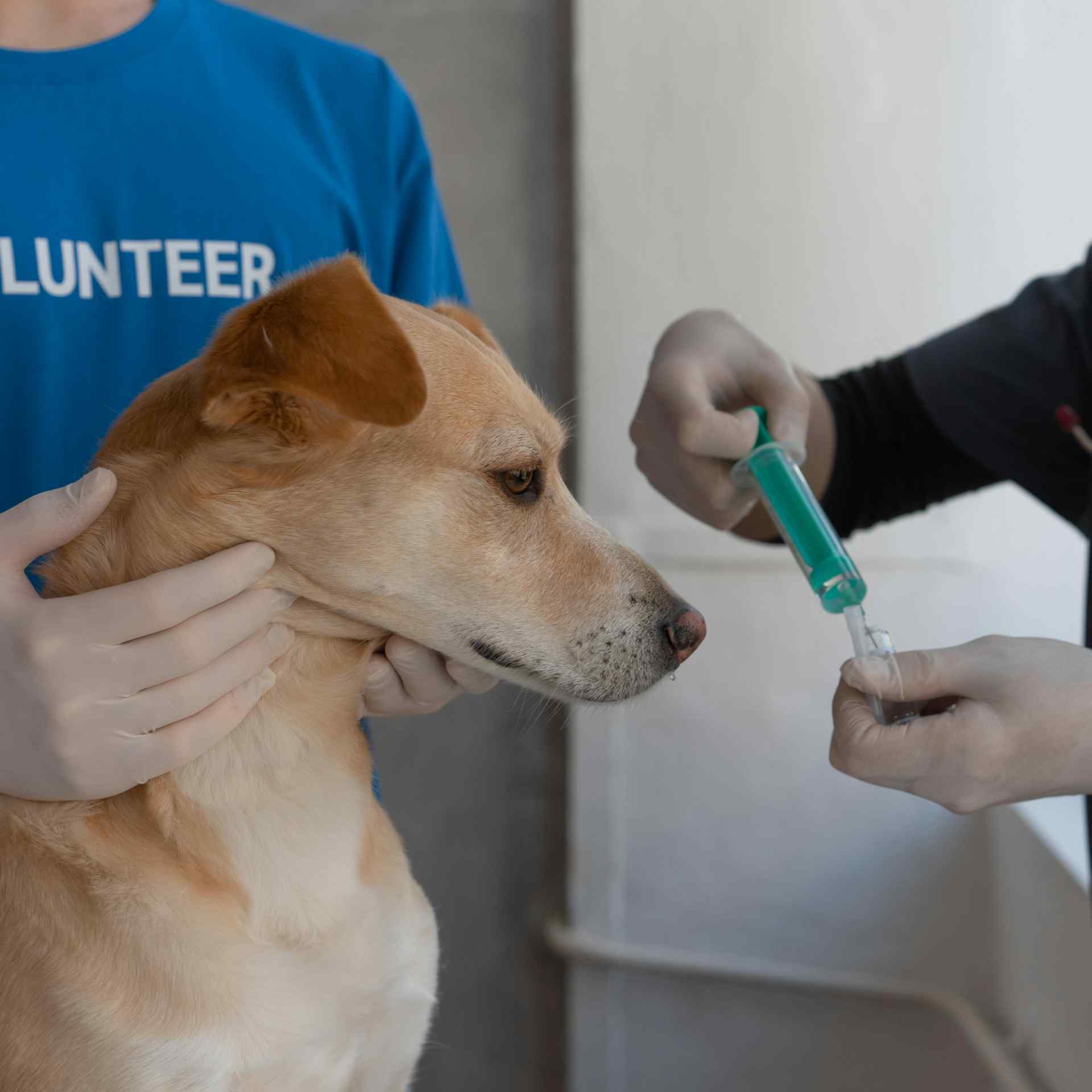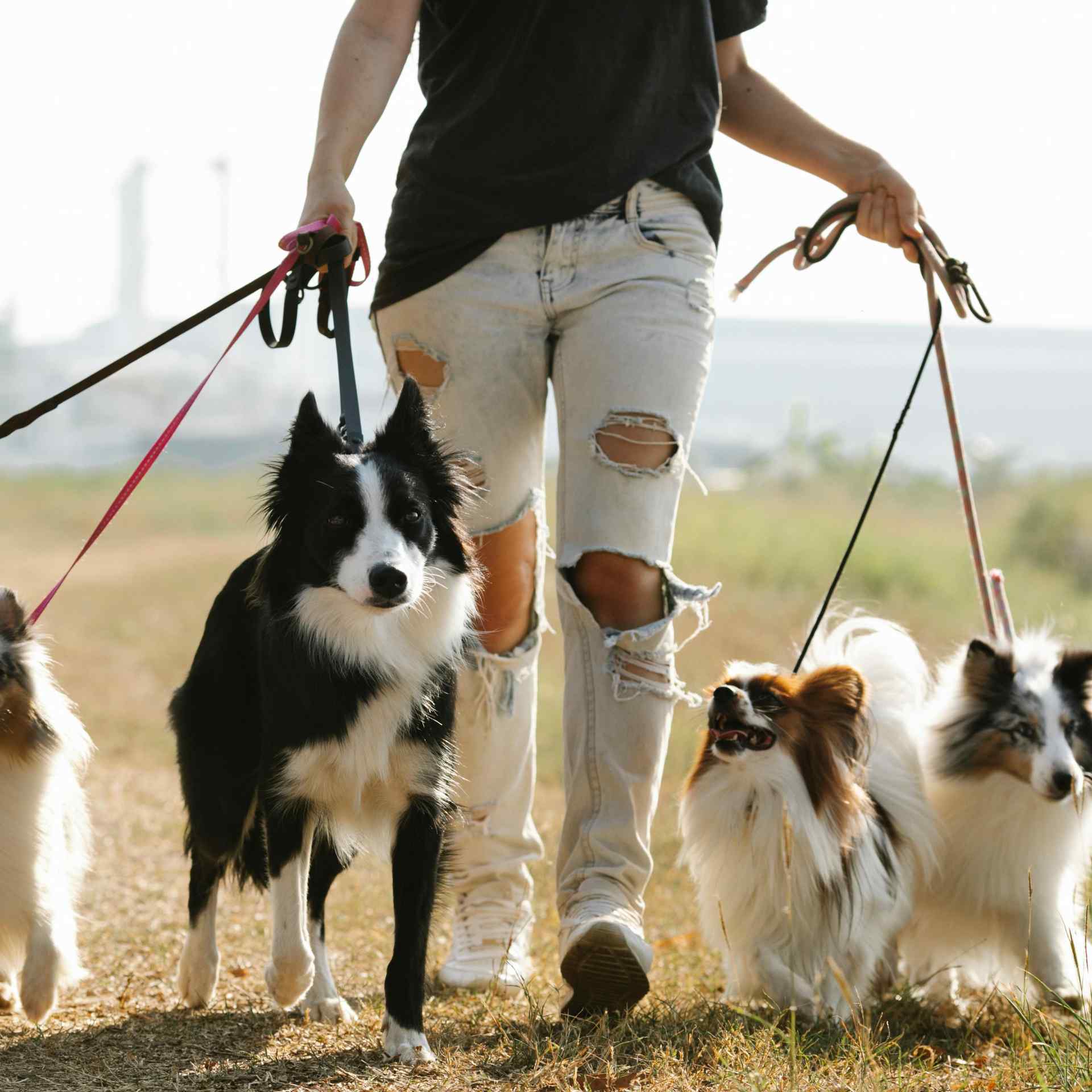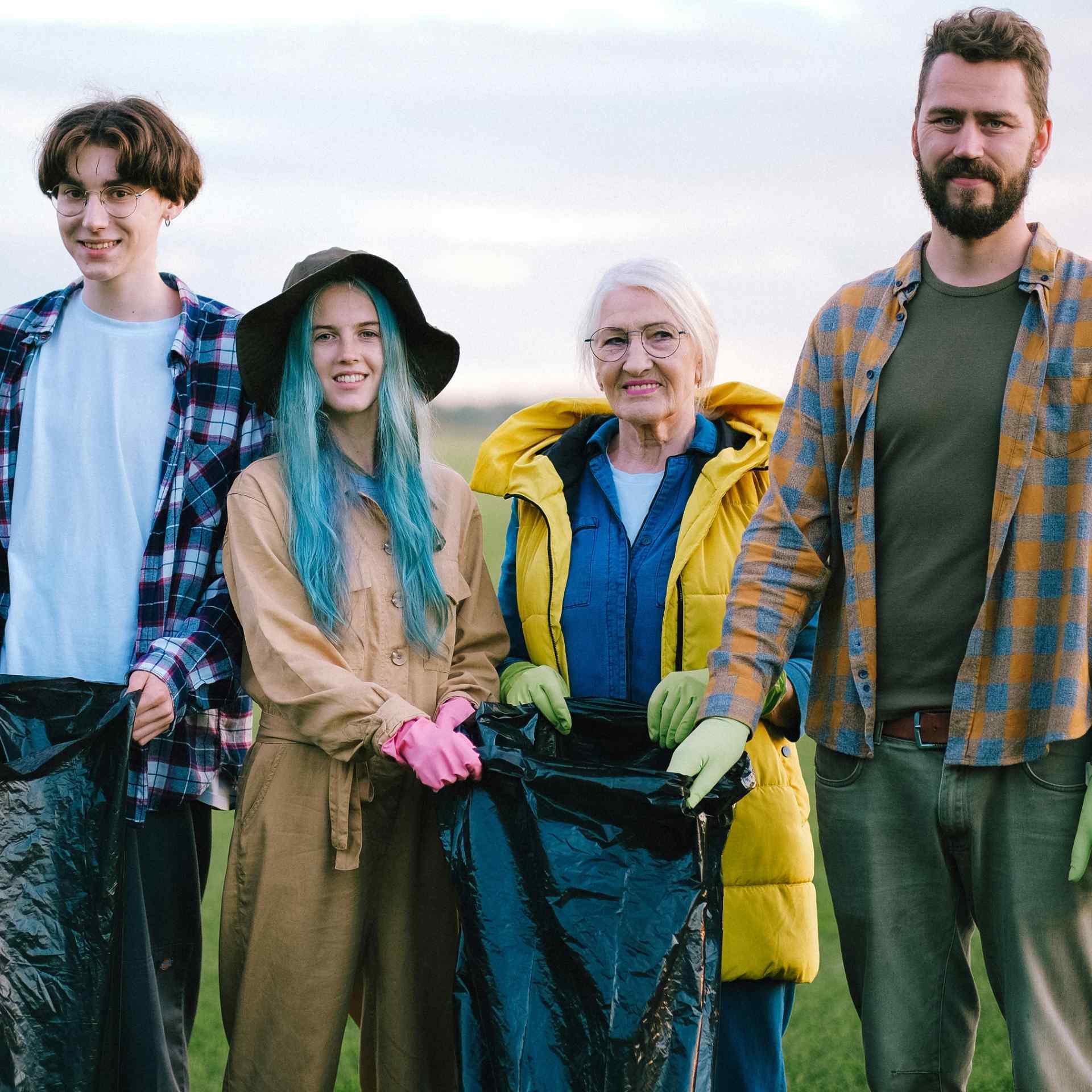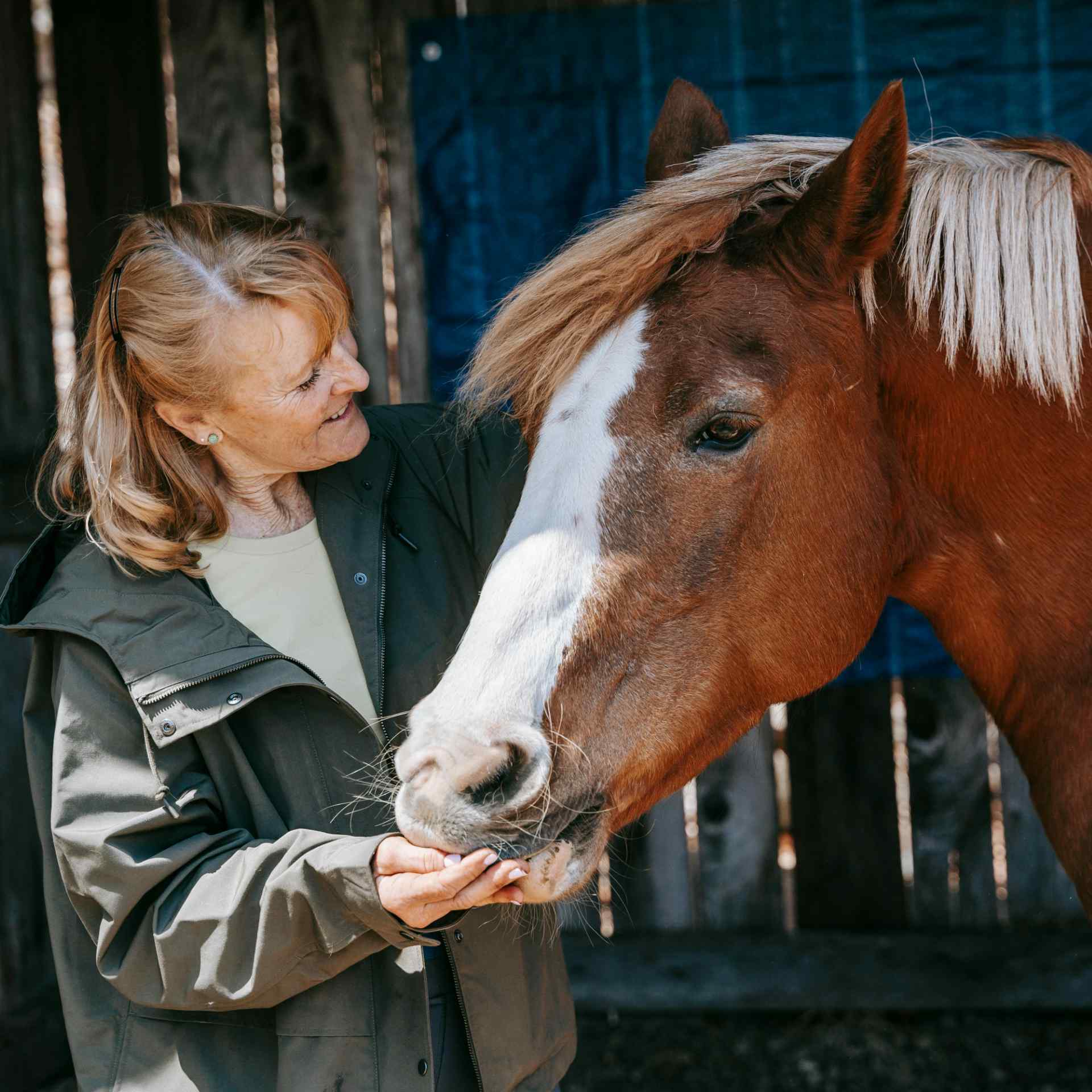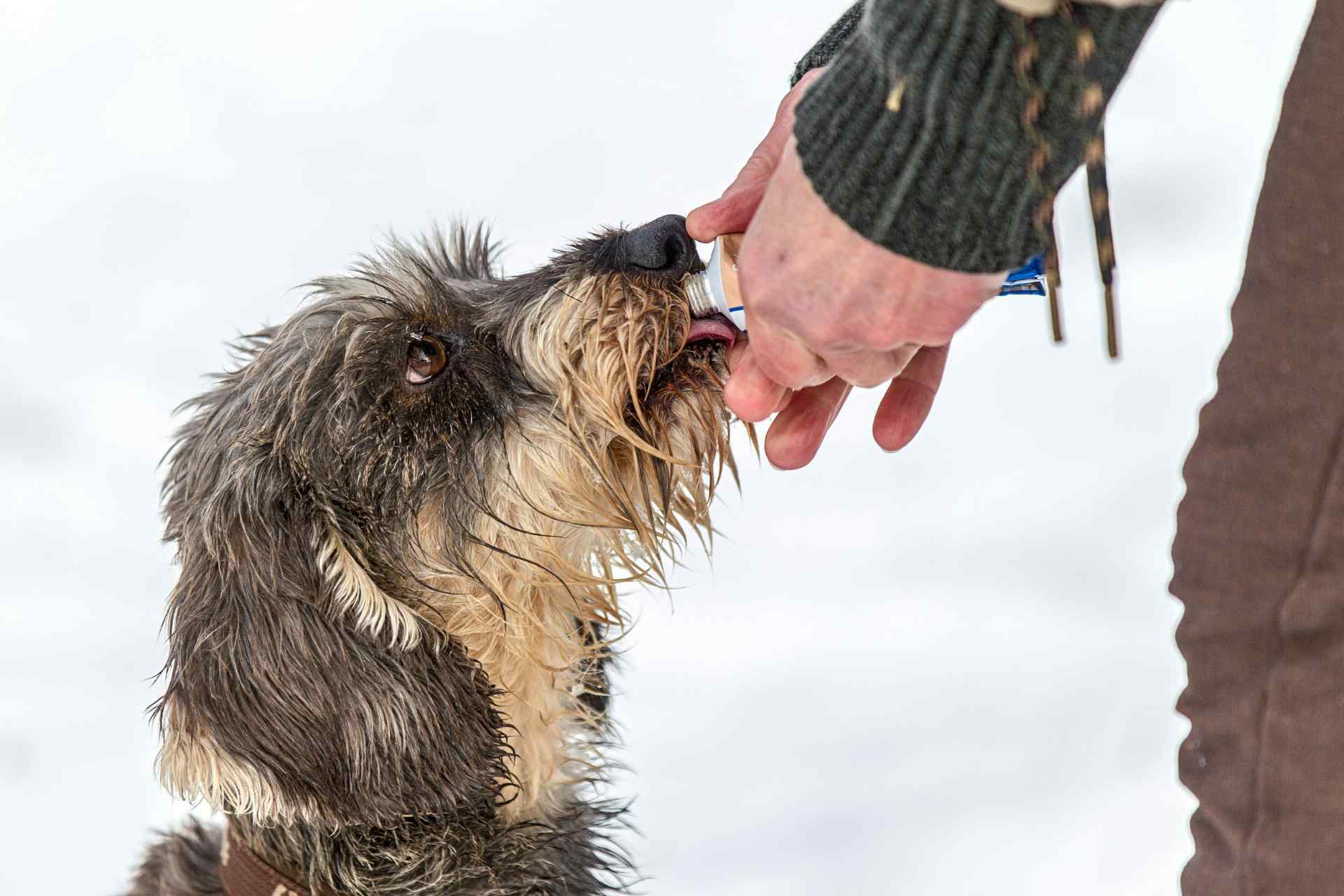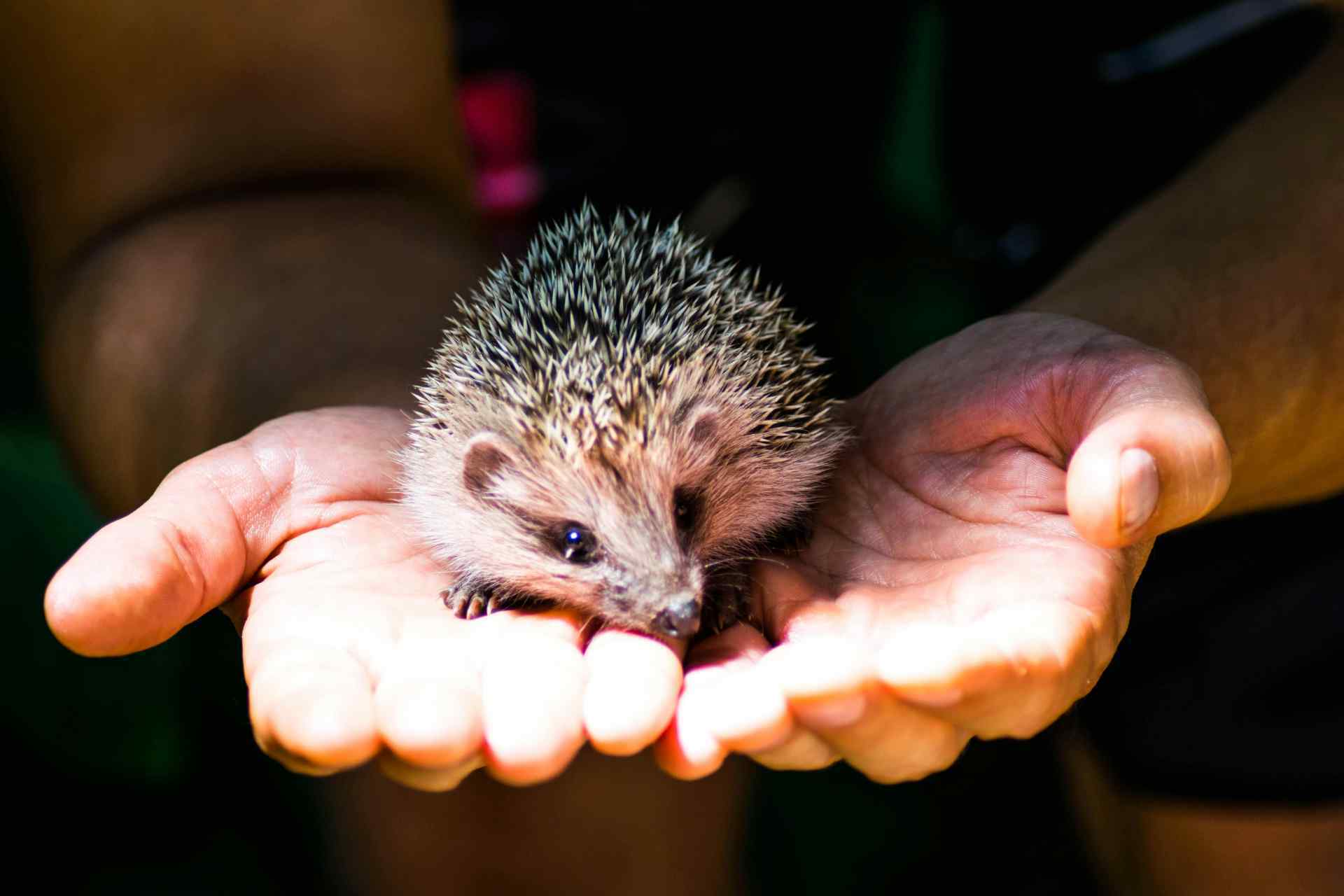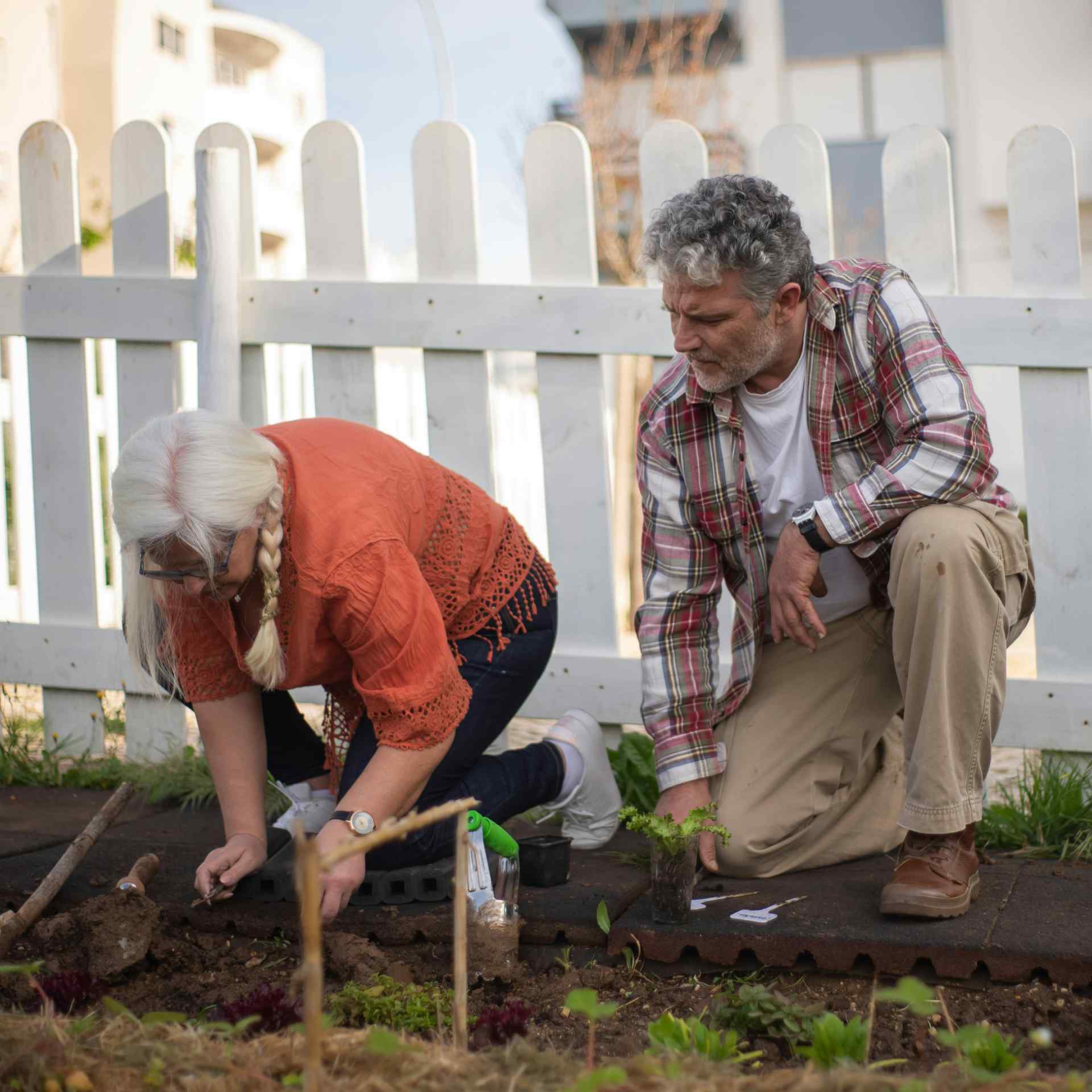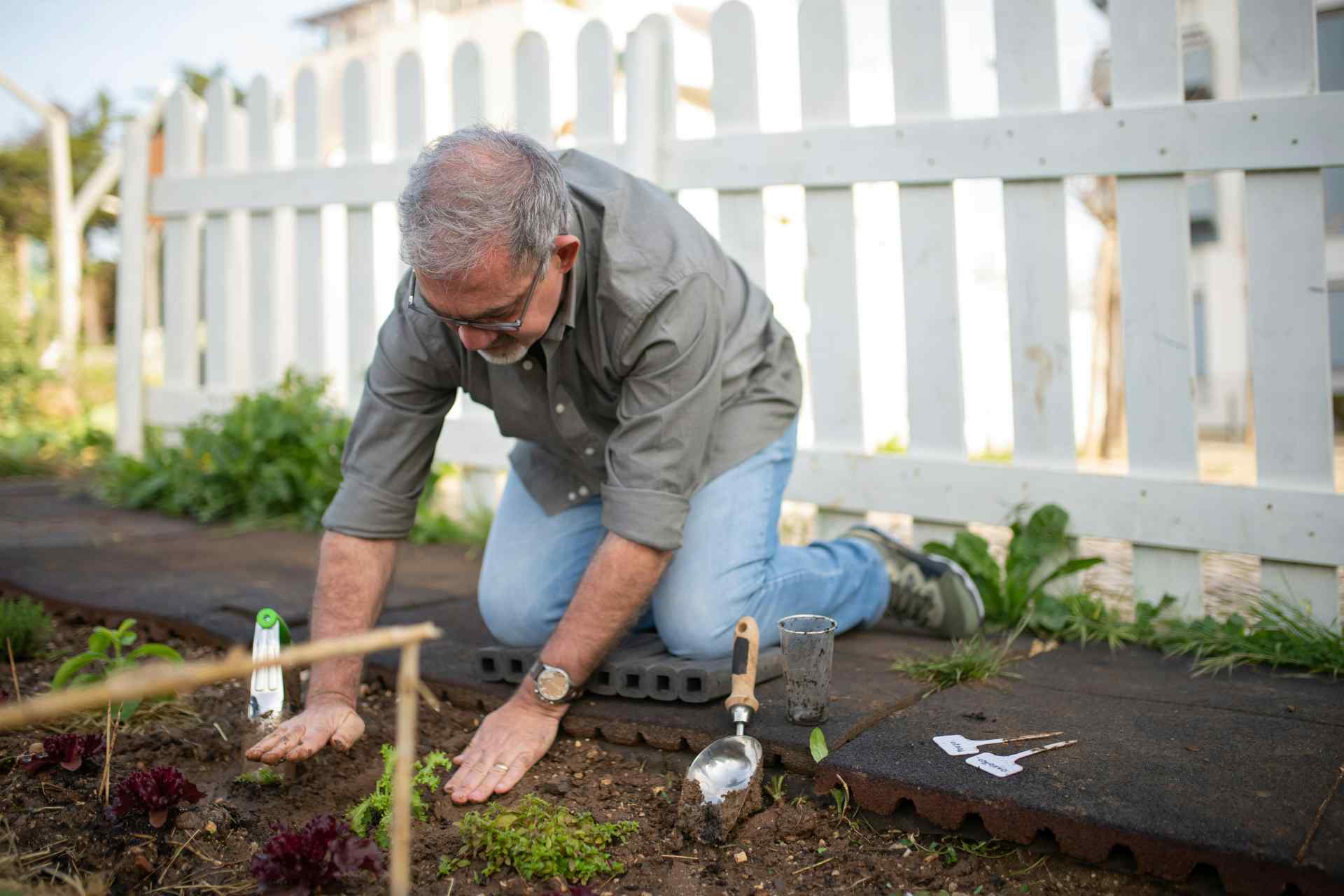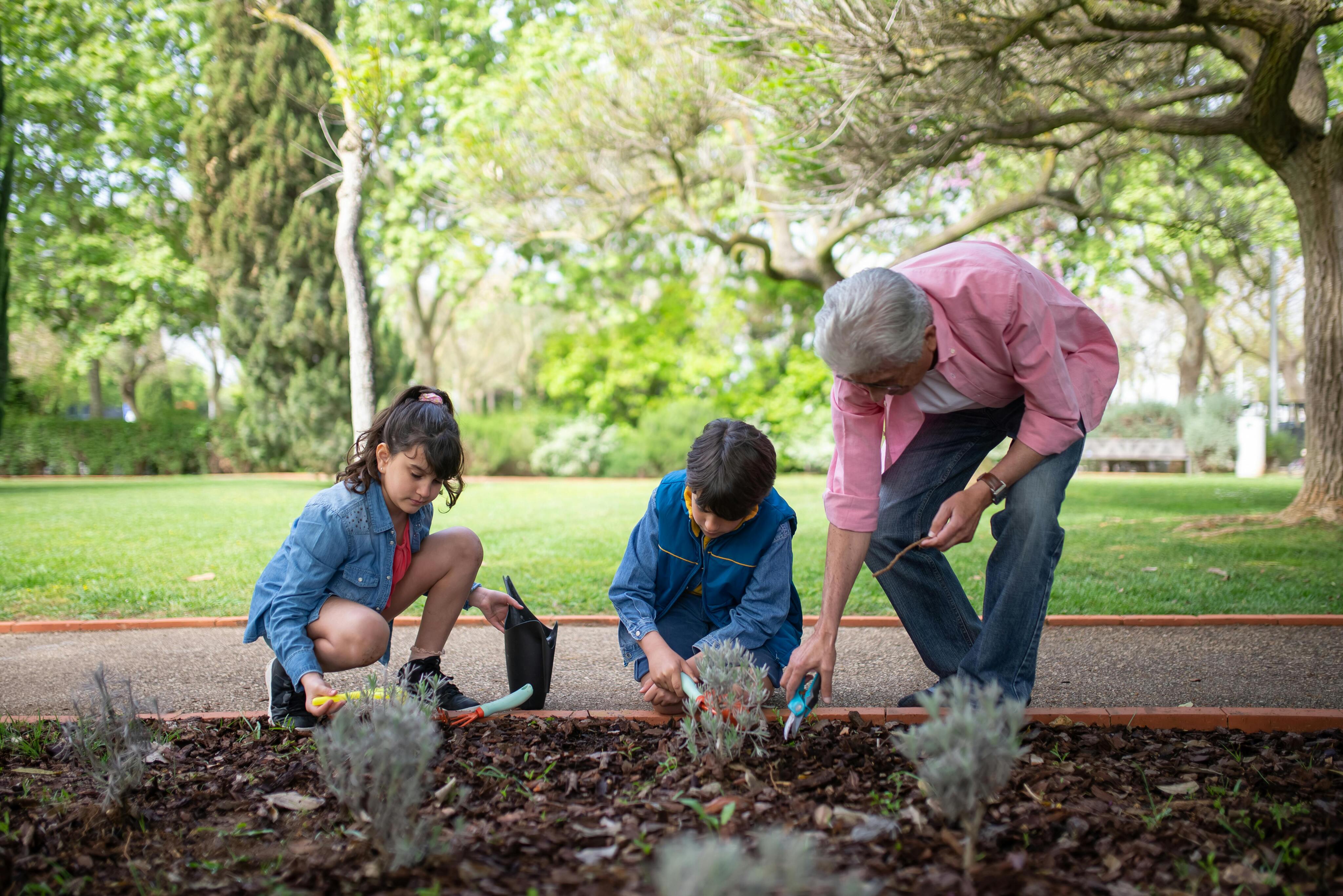

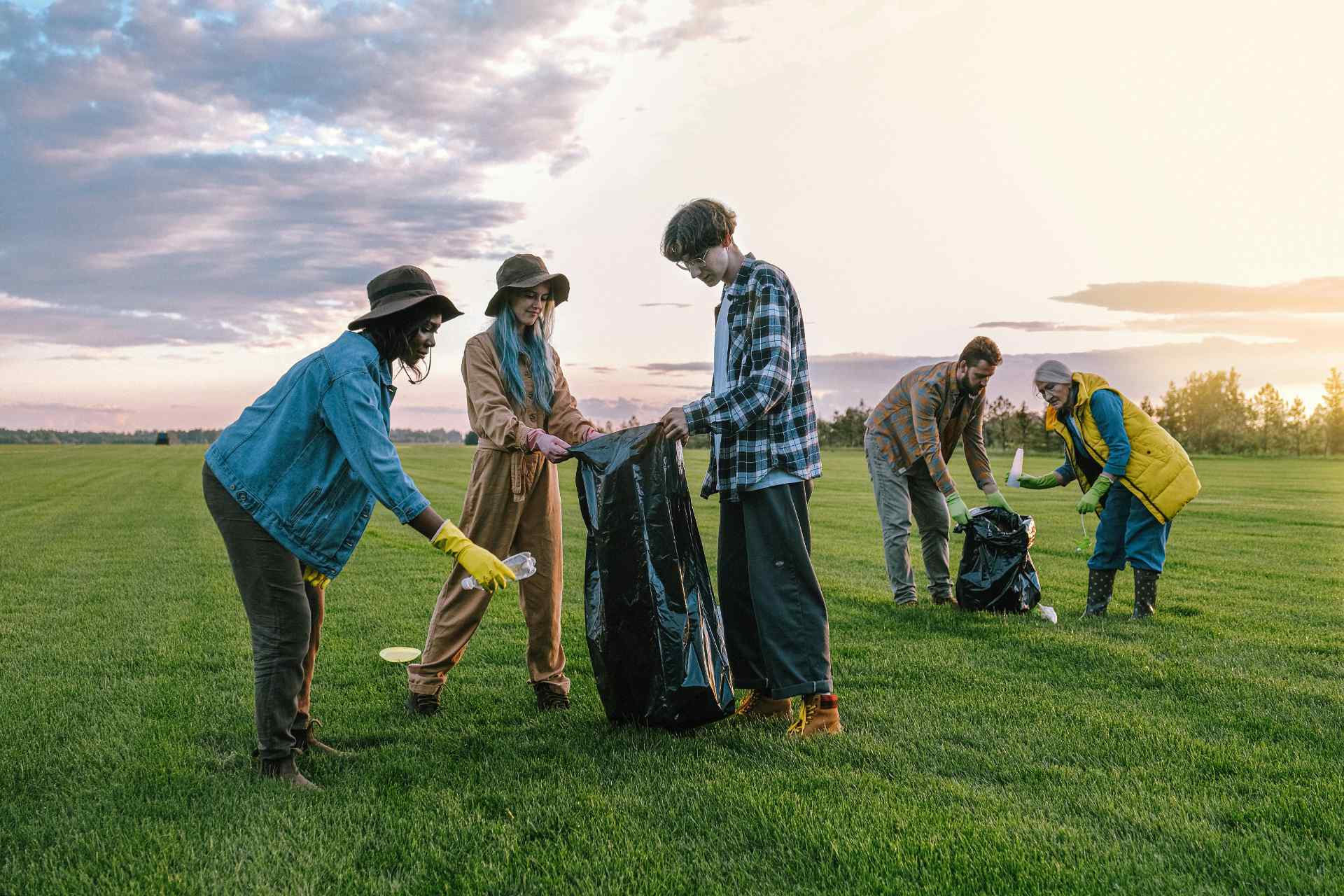
However much you’ve looked forward to retirement and not having to get up for work every day, you might find that you miss having the structure and the sociability associated with employment and the workplace.
If this is the case, you might consider volunteering. Volunteering can contribute positively to your physical and mental health, keeping both your brain and your body busy. As a volunteer, you’ll be able to connect with other people of all ages, enhancing your social life and, with a chance to make a positive impact, you may discover a new sense of purpose.
When you are considering where and when to volunteer there are a number of important factors.
You’ll need to find something that fits into your schedule and, preferably, something you feel interested in or passionate about. Make sure you don’t take on more than you can handle – physically or mentally. Volunteering should be enjoyable, not exhausting, and stressful. Consider the culture of the organization you are volunteering for – is it well managed, what are the people like, is it easy to take time off for holidays or appointments?
The skills you’ll need depend on the type of work you choose but most positions require good communication skills, empathy and patience.
If you’re helping with event planning or office work, you’ll need good organizational skills. If you have trade skills such as carpentry or plumbing, these may be put to good use. If you’re thinking of becoming involved in an organization that involves arts and crafts, you’ll need to be creative and, of course, jobs involving manual labour will require you to be physically fit. For any volunteer work, you’ll need to be a good team player.
There are so many volunteering opportunities across the country, you’re sure to find something that you’ll enjoy.
Discover a few examples that may be of interest to you in our blog below.
Volunteering with the Dogs Trust is the best way to support rescue dogs, and the charity provides training, supports volunteers developing new skills and gaining further experience in whatever role you choose.
There are plenty of roles available including the following but for more details, please look at the Dogs Trust website.
The RSPCA website provides information on volunteering opportunities that are currently available, which you may view here.
There are plenty of ways to volunteer with the Wildlife Trust and to find local opportunities take a look at the website.
Examples of volunteer jobs include the following:
The British and Irish Association of Zoos and Aquariums (BIAZA) offer volunteering opportunities in a variety of roles. It is worth checking out their website for specific opportunities on the BIAZA website.
The following are just a few examples of jobs for volunteers.
About three million people volunteer in the health and care sector in a wide variety of roles which make a valuable contribution to the quality of care and patients’ experience. Full information is provided on the NHS website.
There are more than 300 roles for volunteers in the NHS, which include:
If you’re passionate about the history of your local area, retirement offers the perfect opportunity to immerse yourself in these interests while making a meaningful impact.
Volunteering in historical or heritage organizations not only allows you to stay connected to your love of the past, but also provides a chance to share your knowledge and experiences with others.
When you volunteer with Historic England, you meet new people, learn new skills, and gain useful experience.
For opportunities, take a look at the Historic England website. If there are no current opportunities, just keep checking the website in the future. Examples of volunteer roles include:
As an English Heritage volunteer, you’ll become a member of large, friendly team where members share a passion for the wonderful heritage sites and their stories.
Roles provide an opportunity to learn new skills, share ideas, get to know amazing places and receive experience, training and support. Take a look at the English Heritage website for current role availability.
Volunteer roles may include:
Across the National Trust, there are thousands of volunteers working in houses, gardens, and unique landscapes across the country.
These volunteers give almost 4.8 million hours of their time each year in more than 500 different roles to support the work of the National Trust. If you’re interested in knowing what it’s like to volunteer with the National Trust, there’s information on www.nationaltrust.org.uk/support-us/volunteer/meet-the-volunteers. The following are just a few examples of volunteer roles.
Many museums and galleries welcome volunteers – although you can try larger regional and national museums, they are likely to be overwhelmed with requests.
You’ll probably get more experience with smaller, local museums. Apply to your local museum as if you are applying for paid work – find out as much as you can about the museums you are interested in, visit them if possible and then contact them explaining why you want to volunteer.
Do give a guide to the amount of time you are willing to spend volunteering. Amongst the museums that offer volunteering opportunities is The University of Oxford Museums Collection.
Volunteering with children is a wonderful way to support their growth and well-being. Whether helping to keep them safe, or assisting with activities at a school or nursery, you could play a key role in enriching their lives. Your guidance, care, and encouragement can make a lasting impact on their confidence and development.
Childline is a free service available to every child and young person needing support or advice. Volunteers are on hand to listen 365 days a year.
The children and young people can also contact the service by email and amongst the volunteers, Childline has 300 home-based volunteers from around the UK who respond to these emails. Volunteers work weekly four hour shifts online and are supported by supervisors. All volunteers, including office based and home-based volunteers, receive training at one of 12 childline bases across the UK and each has a supervisor to support during shifts. Find out more on the NSPCC website.
This organisation is committed to giving children a safe and happy childhood, making a real difference to the lives of children, young people, and their families across the UK.
For volunteering opportunities, take a look at the Action for Children website.
Many local schools welcome local volunteers although it is extremely important that you have a DBS check (Disclosure and Barring Service) and agree to the Code of Conduct.
You are usually required to commit to a minimum of a year’s volunteering during term time. The main roles in schools are Schoolreaders, who make a real difference to children’s lives.
You don’t need to have particular educational qualifications, but you need to have spare time, a good grasp of written English and enjoy spending time with children. You will help make the difference to a child’s reading ability, confidence, and enjoyment.
If you want to meet and chat to people as well as benefitting a charity, why not volunteer to work at a local charity shop?
To do this, you’ll need to contact your local charity shop to see if they have any volunteering opportunities or to look online for local opportunities at charity shops. Most don’t have an upper age limit. Once they have agreed to employ you, you’ll learn about the systems and procedures in place to protect you whilst you volunteer.
You may be able to search local volunteer opportunities on the websites of the organisations mentioned in this document but there are also volunteer opportunities on specific websites.
Beechcroft's developments are located in and around towns and villages which have volunteering opportunities, particularly in terms of history and heritage.
Take a look at www.oxonvolunteers.org. The OCVA is theaccredited Volunteer Centre for Oxford City, South Oxfordshire, and the Vale of White Horse.
If you’re interested in volunteering, or support in recruiting and managing volunteers, we are more than happy to help. If you need additional help in using the website, please email [email protected] or call 01865 251946. The type of volunteering opportunities include youth work, football, DIY work, trustee work, holiday support, patient experience and community connector work for a variety of organisation.
Volunteer First provides information on volunteering opportunities in the New Forest, Winchester, Eastleigh, Fareham, Havant, and East Hampshire.
The Volunteer Centre has information on a wide range of volunteering opportunities in West Berkshire from administration, caring, catering, community work, computers, and technology to counselling, driving, fundraising, teaching, and training, retail and charity shops and practical work and DIY.
Kent County Council has a web page dedicated to volunteer opportunities – visit The Kent County Council website and you’ll be able to take a look at countryside, sports, library, heritage and family volunteering jobs.
Hertfordshire County Council also provides a website for anyone searching for volunteering opportunities from schools and youth work to libraries and outdoor work.
If you live in Surrey and want to get involved in volunteering, Surrey County Council’s website provides links to volunteering in different areas of Surrey.
With retirement homes across the south of England, our homes are perfectly placed for you to immerse yourself in the local community.
Browse our current developments5 February 2026
Whatever your taste or your budget, you can find somewhere to dine out in Windsor. From Michelin starred restaurants to smart restaurants…
Read more4 February 2026
Make this easy sweet and sour sauce recipe UK style with crispy chicken, peppers and pineapple. A quick homemade fakeaway that…
Read more3 February 2026
Discover the best Valentine’s Day meal deals 2026 from UK supermarkets. Compare prices, menus, and value from M&S, Tesco, Aldi,…
Read more